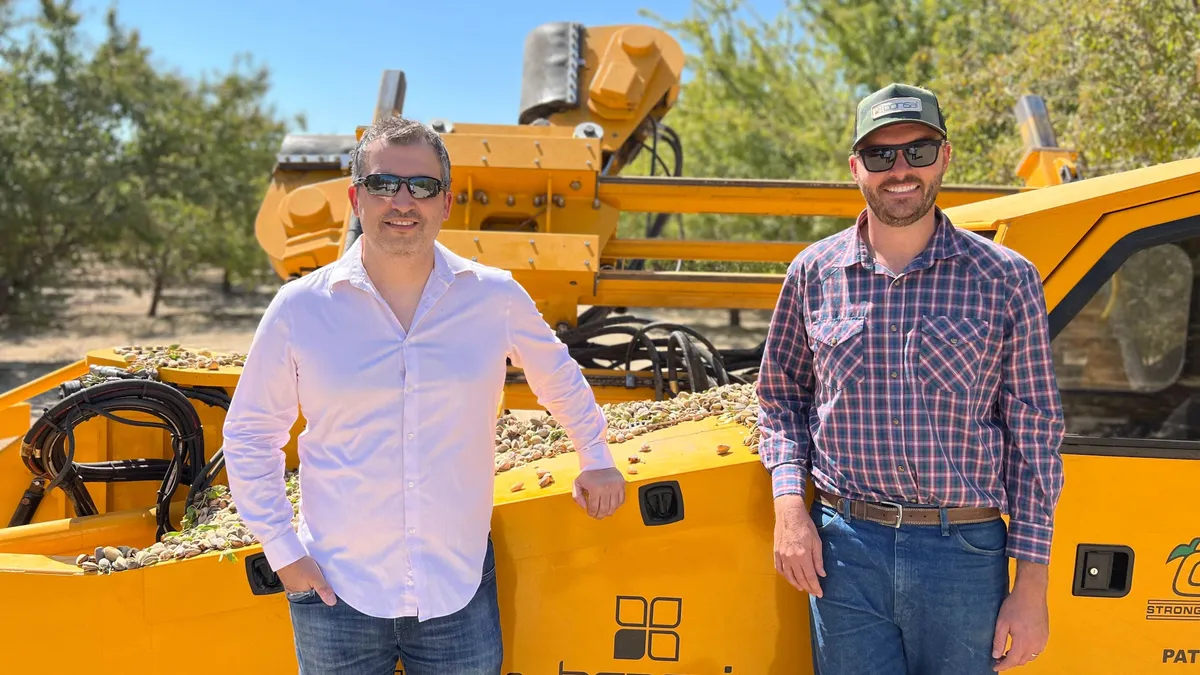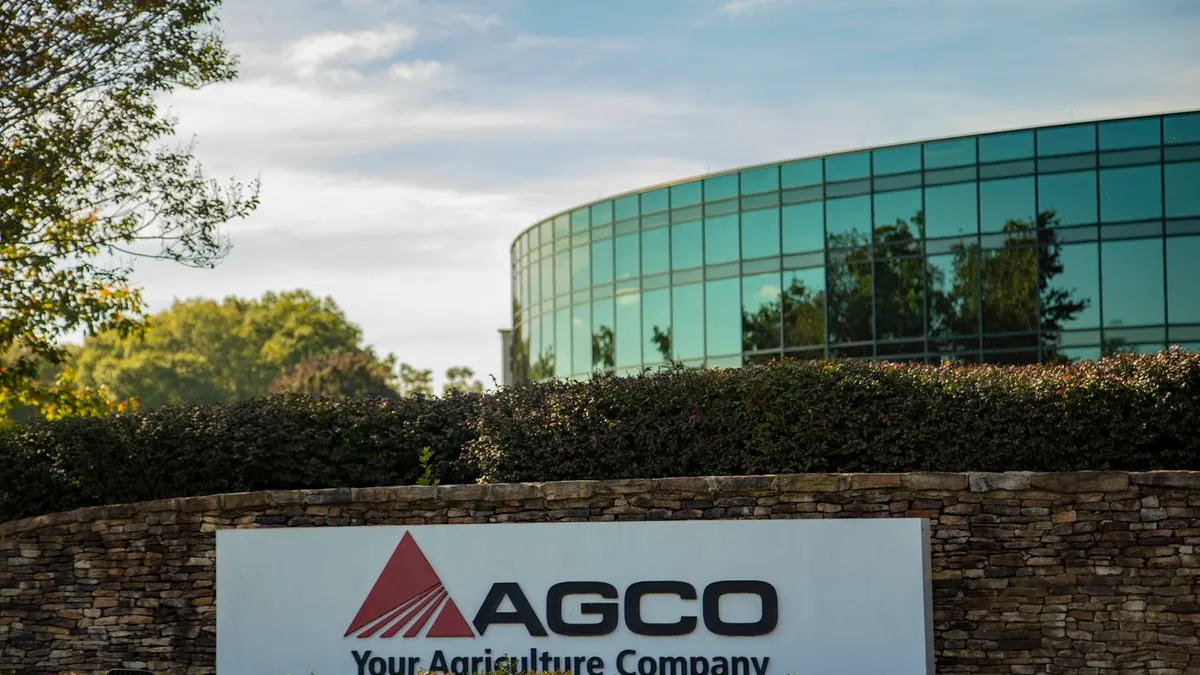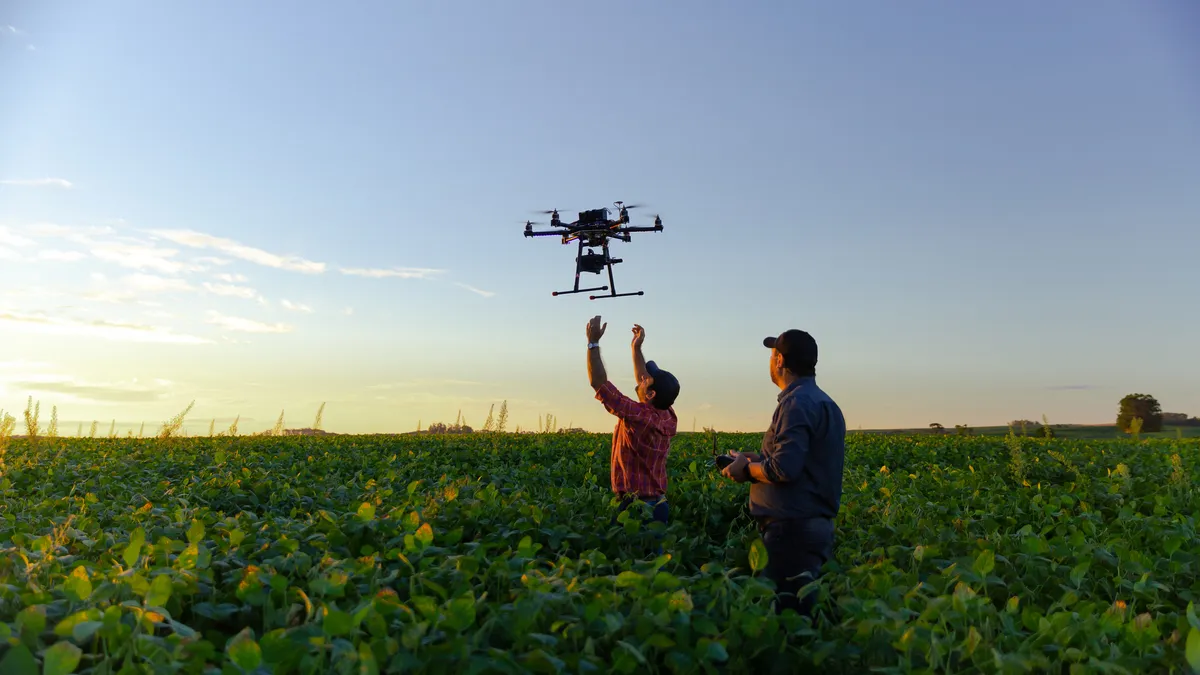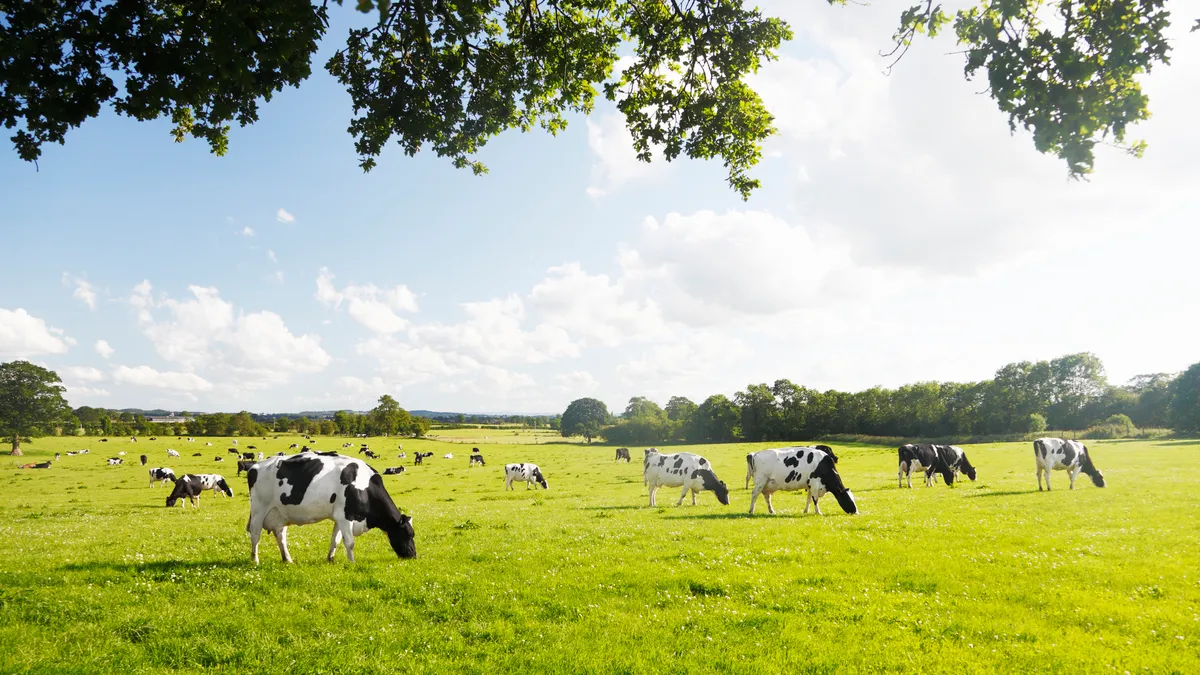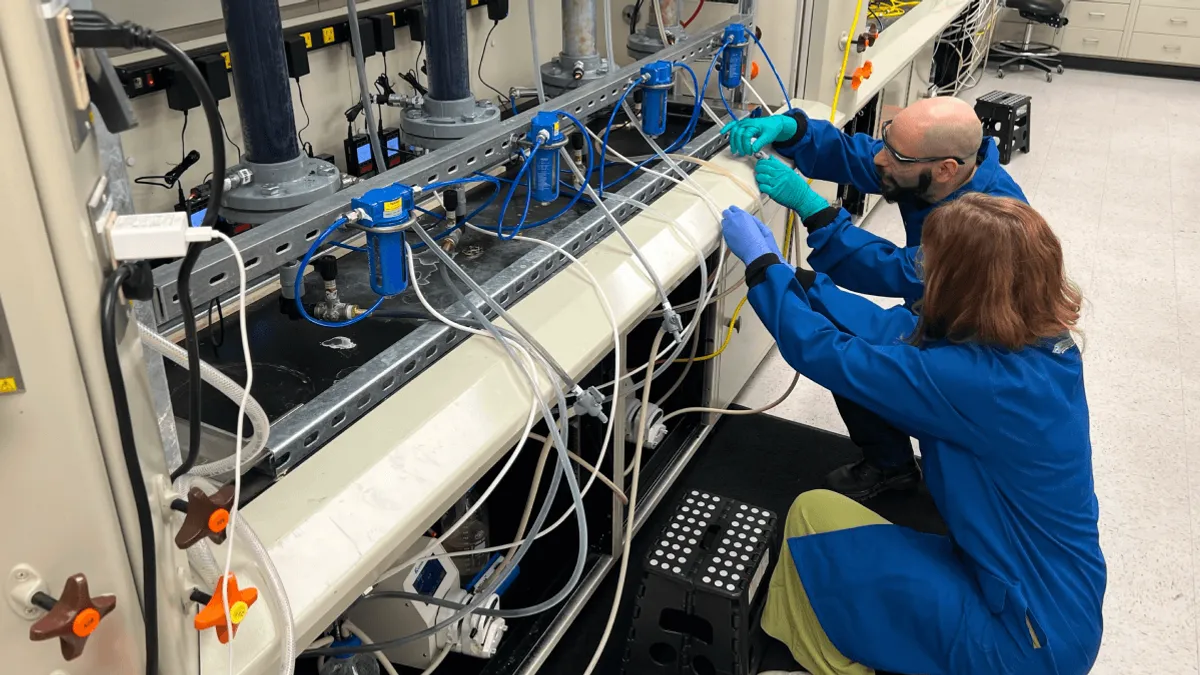With regulatory approval from the U.S. Department of Agriculture, Upside Foods is entering a new chapter as they are now “officially a food company,” said COO Amy Chen.
“We are selling cultivated meat to real consumers, and we are certainly in the next chapter of scale up and commercialization.”
This new chapter brings the need for a new team, according to Chen, to not only scale the company but also the industry — which started with a few players and is now an industry which includes about 150 organizations.
New era means new challenges
“There’s a few opportunities and challenges that we as a company, and as an industry need to think about.” The first being technical scale up, Chen said.
“How do you take what's working at a couple of 1000 liters and scale it up to being able to produce millions of pounds, and how does the science translate at scale?” she added.
With the promotion of Kevin Kayser to chief scientific officer, it will be his responsibility to sort through these issues.
Kayser was previously the senior vice president of research and development before being promoted, and has a rich history which includes three decades in the biotech industry, at companies like SAFC, MilliporeSigma and Gas Technology Institute. At Upside, Kayser’s experience in the cultivated meat space started by leading strategy on how to feed the cells, when to feed them, and how to do that in a way that would create a delicious result, according to Chen, “this is still an ongoing process.”
However, now, Kayser’s focus will be how to create a meaningful impact throughout the entire category, and how to do that at scale.
“We know that we played a pioneering role in creating an industry, but we also realize the magnitude of the opportunity of really creating an industry that is operating at a scale and that has meaningful impact is going to take not only one company, but often will take an entire ecosystem of academic and industry partners to really move the needle,” said Chen.
Along with Kayser’s work, Upside’s new chief legal officer, Sean Edgett, will be responsible for tackling another industry wide challenge: regulatory headaches.
“We need to lay the tracks to make sure that government regulators understand what the approach of the technology is, so they can do the thorough reviews that they need to do to give consumers the opportunity to understand and also know that it's safe,” said Chen.
Edgett previously worked at X, formerly known as Twitter, for ten years as their general counsel.
“He had very broad remit there, everything from litigation, regulatory and corporate law, IT, merger and acquisition work, you name it,” said Chen.
Now at Upside, the company expects Edgett to guide it through the maze that is regulator approval work that is happening in the category right now.
“We are very deeply rooted in science and technology, and new novel approaches that have a lot of regulatory implications and scientific implications,” said Chen.
A challenge for the entire organization, as well as the industry at large, is educating consumers. “From a consumer perspective, we've got work to do, to educate consumers to get them on board with what cultivated meat is now that they can actually try it and put it in their mouths,” said Chen.
One way many companies are deciding to do this, is setting their sights on restaurants instead of retail.
Upside, for example, launched its cultivated chicken at Bar Crenn in San Francisco, through a partnership with three-Michelin-star chef Dominique Crenn. The reason for this, according to Chen, is that the consumer mindset is very different in a restaurant setting versus that in a grocery store.
“When you think about the frame of mind of a consumer when they go into a restaurant, they are more open to innovation. They know that a professional chef is going to prepare something that's going to be delicious,” Chen said. “That's an exciting proposition for consumers to experience cultivated meat for the first time.”









